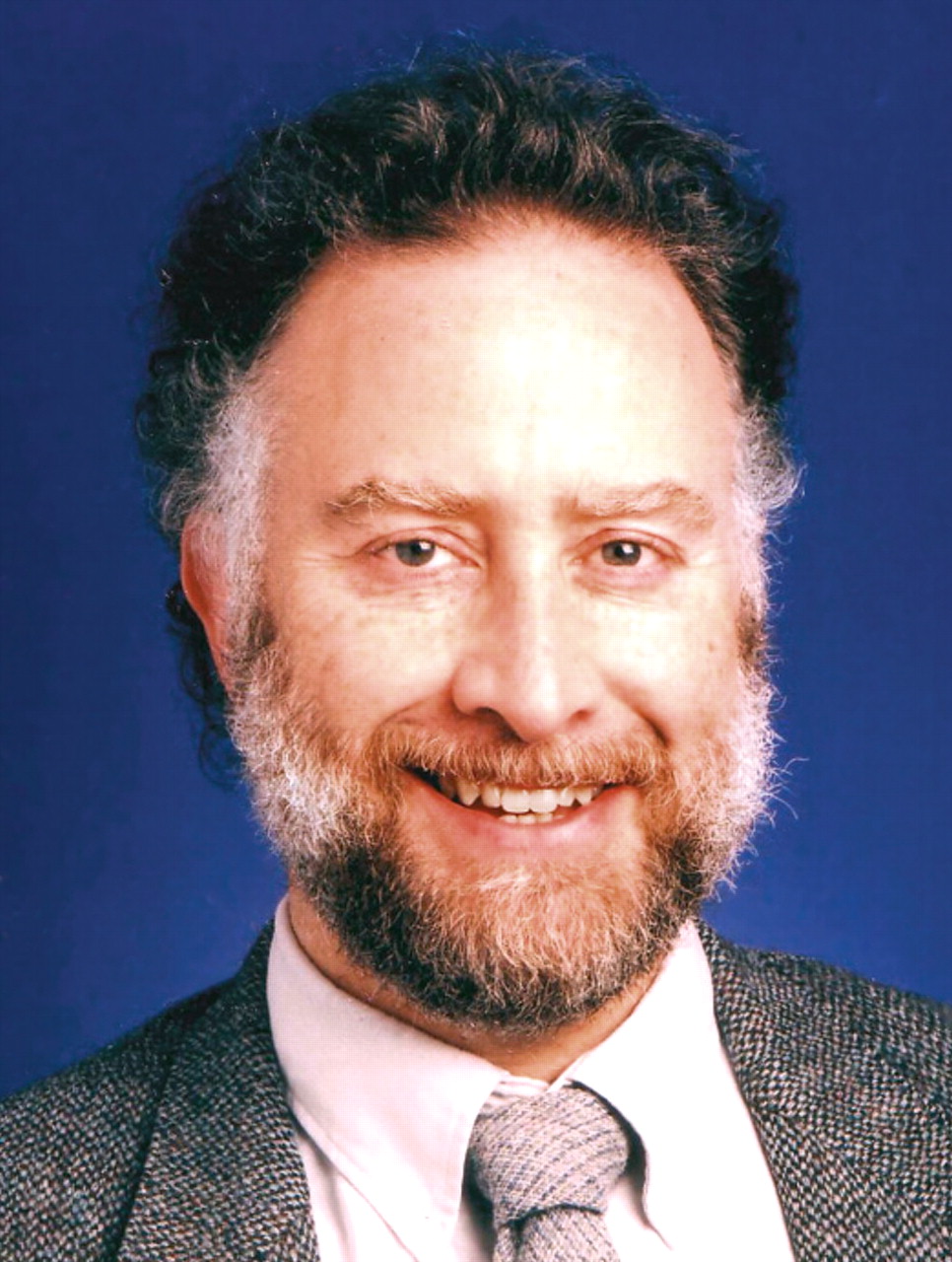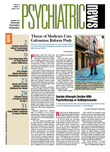A June 22 editorial in the Boston Globe speculated on the causes of a young child's severe emotional difficulties. The child, who had been diagnosed with bipolar disorder, had apparently died after an overdose of medications. “Might family dynamics, rather than a chemical imbalance,” the editorial asked, “have caused the behavioral problems that led to her diagnosis?”
It is understandable that editorial writers would seek to identify the“ cause” of a child's behavioral problems in the binary terms of“ mom or molecules?” “dad or dopamine?”
Sadly, some in our profession have contributed to this either/or way of thinking, despite efforts of many psychiatrists to develop a unified theory of mind and brain. Indeed, in her book, Of Two Minds, anthropologist Tanya Luhrmann exposed the split between so-called biomedical and psychodynamic psychiatry—very roughly, between those who conceptualize“ mental illness” in terms of brain chemistry, and those who understand it in terms of unconscious conflicts and existential choices. This“ molecules or motives” dichotomy is the sad legacy of the philosopher Rene Descartes, who argued that a nonmaterial soul inhabited an essentially mechanical body. This dualism persists in various forms throughout our literary and scientific culture. Even attempts to unify mind and body with terms such as “psychosomatic” or “biopsychosocial” have had the unintended effect of perpetuating this split.
In contrast, the emerging school I call “psychiatric naturalism” asserts that there is no mind-body split. Every activity of what we call “mind” is nothing over and above the workings of the brain—a view compatible with the “monism” of philosophers like Baruch Spinoza and William James. Naturalism does not dismiss the critical importance of our beliefs, motives, and conflicts—much less the enormous influence of what the Globe calls “family dynamics.” Psychiatric naturalism merely asserts that all these factors are ultimately represented and resolved in the crucible of the brain.
It follows from this that any “input” to the brain from interactions with friends or family has immediate and long-term effects on brain structure and function. Conversely, a pathological change in brain structure or function—say, from a brain tumor or bipolar disorder—can have profound effects on one's relationship with friends and family. So the Globe editorial's speculation that a child's behavioral problems might be the result of “family dynamics, rather than a chemical imbalance” (italics added) presents us with a false dichotomy.
There is no reason to rule out a complicated, cyclical interaction between family dynamics and brain function. Families with loved ones suffering from bipolar disorder, schizophrenia, or other serious brain disorders will attest to the profoundly disruptive effect these conditions can have on families. Conversely, there is evidence to suggest that pathological family dynamics can exacerbate the course of serious psychiatric illnesses. Thus, our approach to those suffering with these conditions needs to be unified and comprehensive: we need to help the brain heal by addressing all the “inputs” that affect its structure and function. In many cases, this will involve the use of psychotropic medications (there's that Greco-Cartesian term“ psyche” again). But in virtually all cases of serious psychiatric disorders, we also need to address a patient's familial and personal issues. This means that some form of “talk therapy” (often including family therapy) should almost always be a part of comprehensive psychiatric care.
In his book, The Brain That Changes Itself, psychiatrist Norman Doidge, M.D., details fascinating new discoveries in“ neuroplasticity”—the ability of brain tissue to repair and heal itself, with appropriate treatment.
Contrary to the old notion that the brain is “hard-wired” and largely immutable in the face of injury or trauma, Doidge explores ways in which the brain can actually change its own structure and function. This has practical implications in the treatment not only of stroke victims, but in those who have been victims of traumatic events. Medication may play a useful role in the treatment of these conditions, but so may psychotherapy. Erik Kandel, M.D., and his colleagues have observed that “There is no longer any doubt that psychotherapy can result in detectable changes in the brain.” In many cases, appropriate medication may reinforce the brain changes brought about in psychotherapy. In the treatment of major depression, for example, evidence suggests that the combination of antidepressants and psychotherapy works better than either treatment alone.
It is time to move beyond the warring camps of biology versus psychology, brain versus mind. The best scientific evidence suggests that the brain is the mediator and organizer of all our complex experiences. When brain function goes awry, we must look to all the ways in which we may help the brain—and the person—begin to heal. ▪

